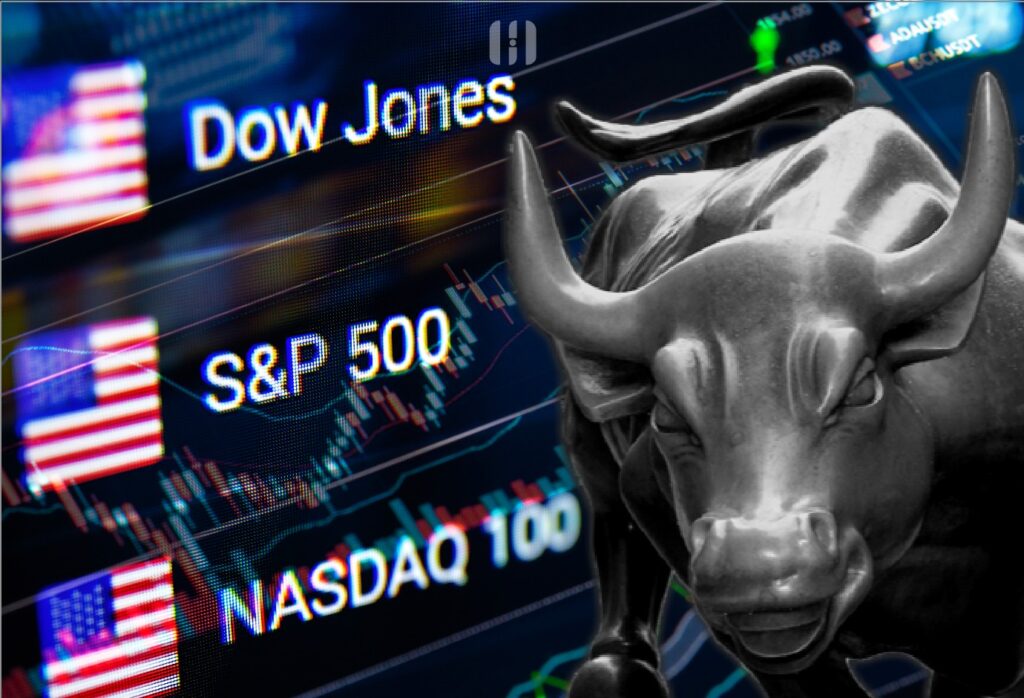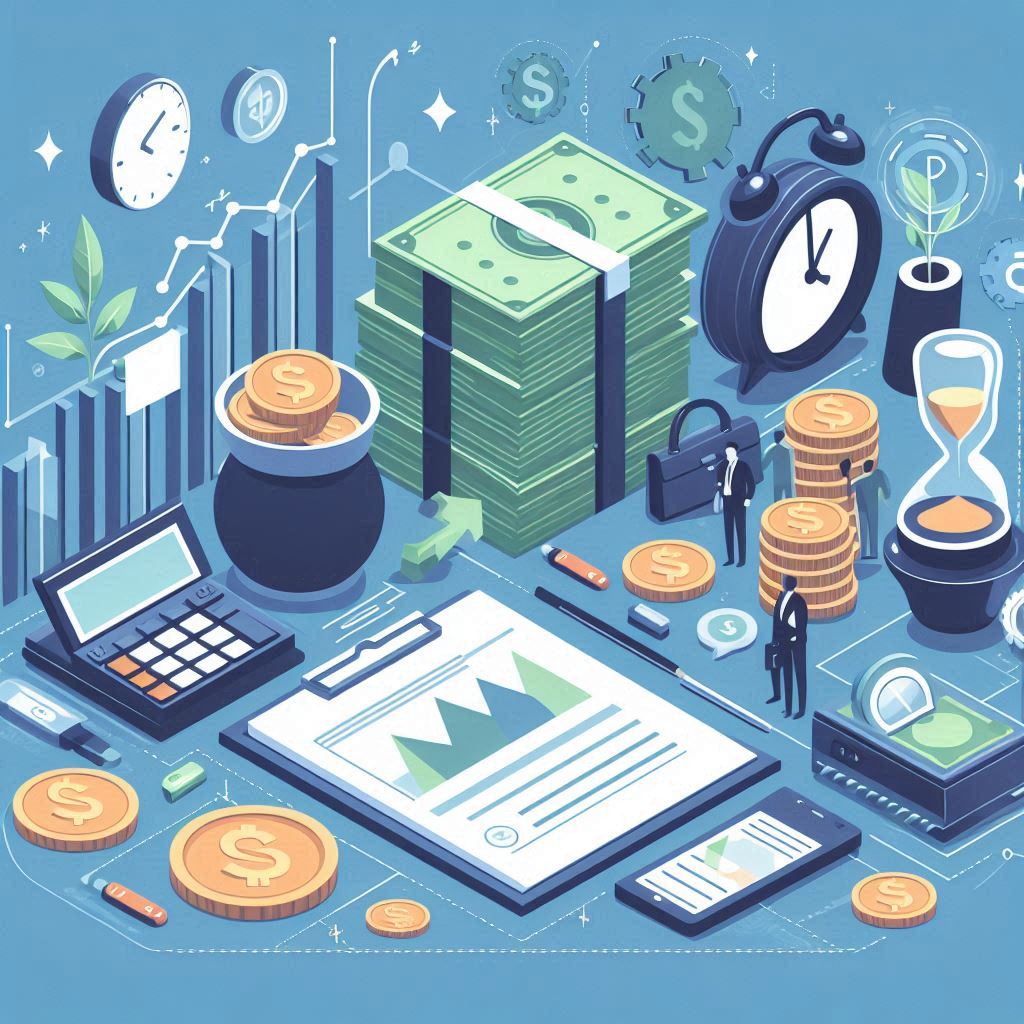The New York Times
How Builder.ai Collapsed Amid Silicon Valley’s Biggest Boom
Mon, 01 Sep 2025 04:11:42 GMT
Thanks to the dream of artificial intelligence, Silicon Valley is experiencing its biggest boom ever. Companies are pushing the technology as the savior of humanity. It will be your boss, your employee, your teacher, your best friend, your therapist. The tech community is stoked with an urgency bordering on panic. If the world is utterly changing right at this moment, there’s not a moment to lose.
Builder’s collapse has gone largely unnoticed amid the frenzy. It is the biggest A.I. company to crater, although whether it should have been called an A.I. company at all is up for debate. Artificial intelligence is an ambiguous term. Attaching the A.I. label to a start-up can involve a considerable degree of hope and presumption, and sometimes outright deception.
Earlier this year, the Securities and Exchange Commission charged a San Francisco couple with fraud, saying they had duped investors in their A.I. chat company. In New York, prosecutors charged an entrepreneur with defrauding investors in his shopping app, whose A.I. turned out to be contractors in the Philippines.
“Fake A.I. has long been pervasive in Silicon Valley, but with the bubble it’s really taken off,” said David Gerard, who runs the popular debunking site Pivot to A.I. “If you want funding, you just say a bunch of A.I. words — ‘machine learning’ and ‘large language models’ and ‘This is the future.’ You don’t have to actually have A.I.”
Builder, founded in 2016 as Engineer.ai, provided a platform where businesses could go to get apps and other software tools built for them. For the first few years, it did not do a hard sell on artificial intelligence. Sachin Dev Duggal, the chief executive, used 150 words to promote the company in 2018 when it got its first big venture investment. “A.I.” wasn’t among them.
Stay in touch
Keep informed with the most important events in market and advanced calculators.








